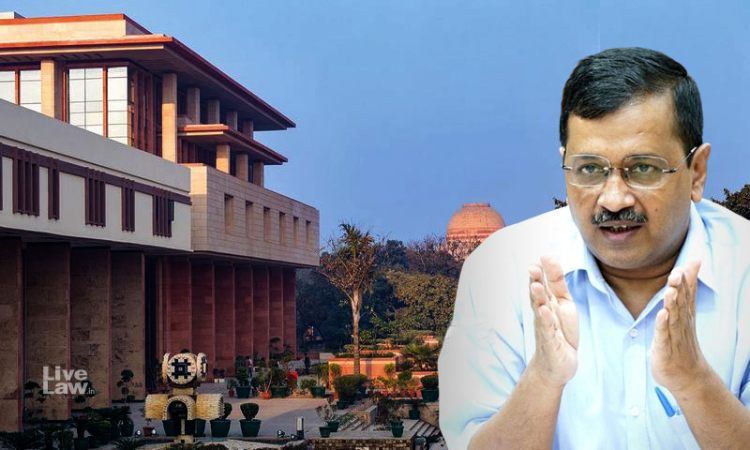The Delhi High Court has temporarily stayed a single judge order making promises extended by Chief Minister Arvind Kejriwal for payment of rent on behalf of poor tenants enforceable. A Division Bench of Chief Justice DN Patel and Justice Jyoti Singh said that operation and implementation of the single judge order will be kept in abeyance till the next date of hearing, ie., November 29....

